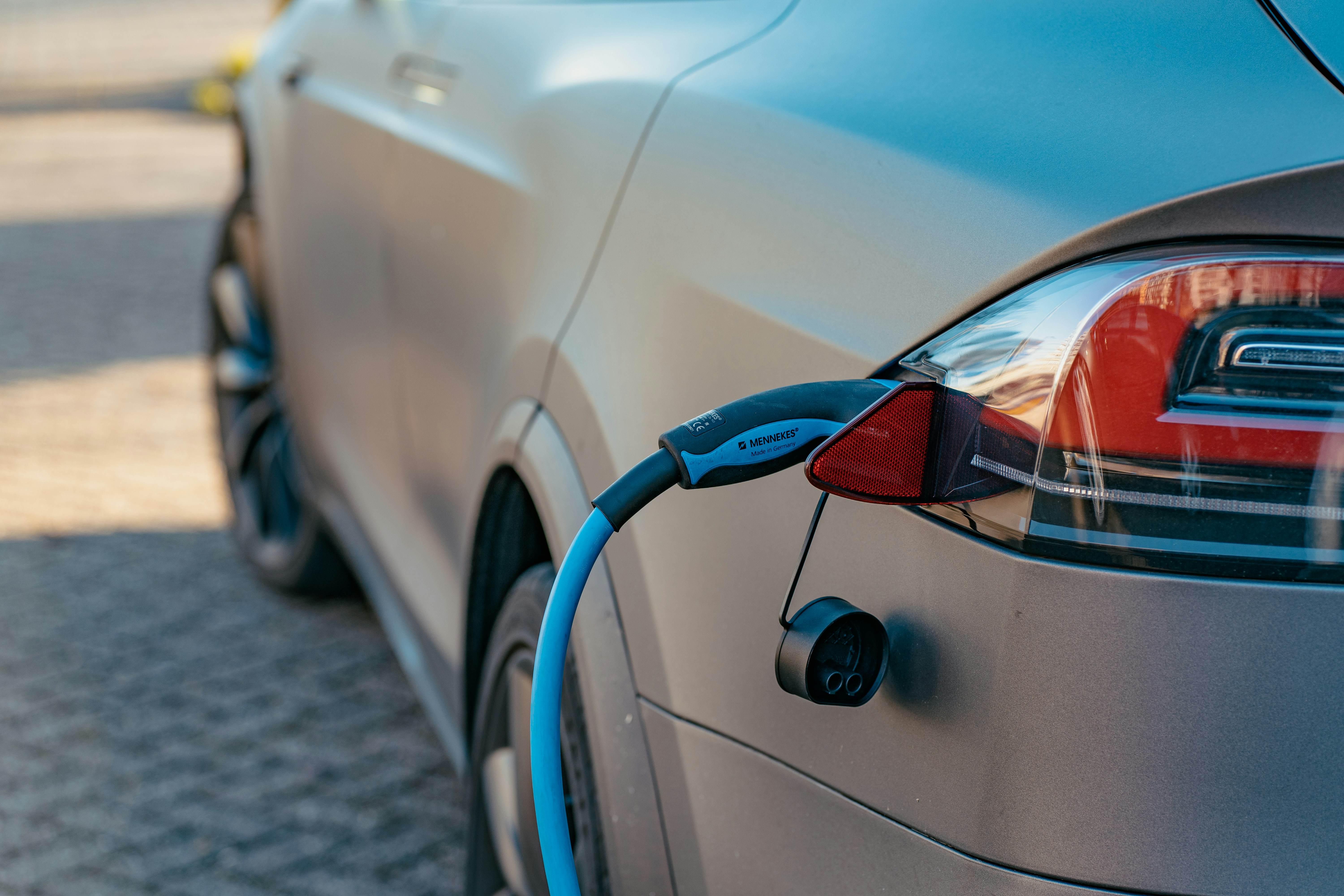Florida is one of the states with the highest rates of electric vehicle (EV) adoption in the country, but the EV charging network has suffered due to large electric utilities such as Tampa Electric and Florida Power and Light receiving approval to own and operate hundreds of EV charging stations, boxing out private investment and limiting the competition and innovation crucial to a good consumer experience. For the past couple of years Charge Ahead Partnership has been advocating for legislation to level the playing field in the EV charging market, ensuring that a competitive market creates the best consumer experience for EV drivers.
In 2024, CAP followed legislation in Florida, omnibus energy bill House Bill 1645, which included provisions that place restrictions on the ability of electric utilities to use ratepayer funds to build, own and operate EV charging stations. This bill was signed by the Governor on May 15, 2024.
Key Provisions of CAP Supported Legislation in Florida:
A prohibition on electric utilities using ratepayer funds to own and operate EV charging stations.
Direction to the Public Service Commission to establish transparent rates for electricity used for EV charging.
Despite the passage of House Bill 1645, one of Florida's largest utilities, Florida Power and Light (FPL), has requested to extend their EV charger program indefinitely. FPL’s recent rate case includes a request to indefinitely extend its $100 million charger operation, along with establishing a tariff to guarantee the utility can use ratepayer funds to undercut the private marketplace by selling EV charging below market rates. FPL claims that the cost of their fast chargers will be fully offset by the revenue they generate over the course of their usable life, despite FPL data showing that the program has not been profitable for the past three years. Approval of this request would further dissuade private investment in EV charging, increase ratepayer costs and lead to a less effective EV charging network for drivers.
In 2023, CAP supported Senate Bill 1176 and House Bill 1591. Both bills would have established free market competition and created a better consumer experience by prohibiting electric utilities from rate-basing, or using ratepayer funds, to build, own or operate EV charging stations. SB 1176 and HB 1591 would also have required the Florida Public Service Commission to establish uniform rates for the sale of electricity for EV charging. Unfortunately, neither of these bills progressed beyond their initial committee.
CAP was also actively engaged in Florida’s 2022 Legislative Session supporting both House Bill 737 and Senate counterpart Senate Bill 920. These bills included significant steps to make the EV charging market more free-market-oriented by requiring the Public Service Commission to make rules ensuring that the development of the EV charging network is competitively neutral. These rules would also have included placing a priority on private investment and ownership of EV charging stations, creating a fair electric rate for privately owned EV charging stations, limiting electric utility cost recovery and prohibiting investor-owned electric utilities from using rate-based investment in EV charging ownership and operation. SB 920 passed the Regulated Industries Committee with strong support but did not progress past the Transportation Committee. HB 737 received similarly strong initial support, reporting favorably from the Tourism, Infrastructure & Energy Subcommittee, before stalling in the Commerce Committee.


